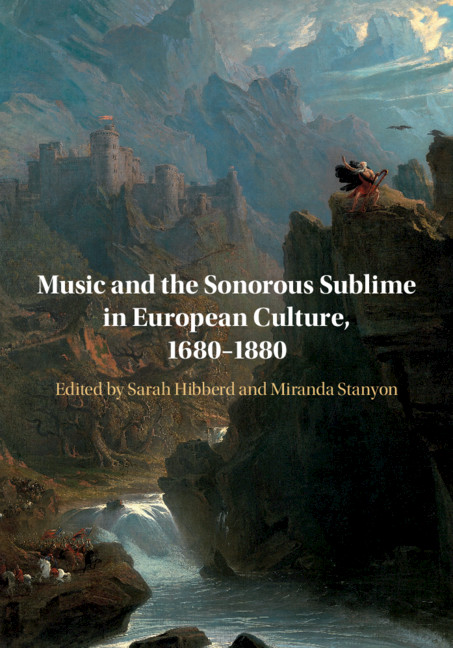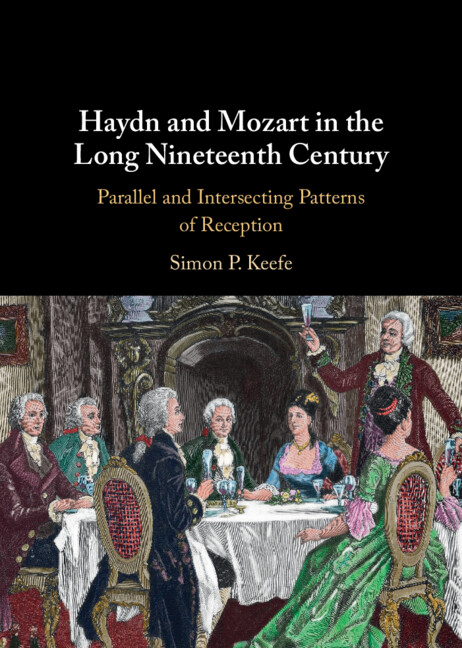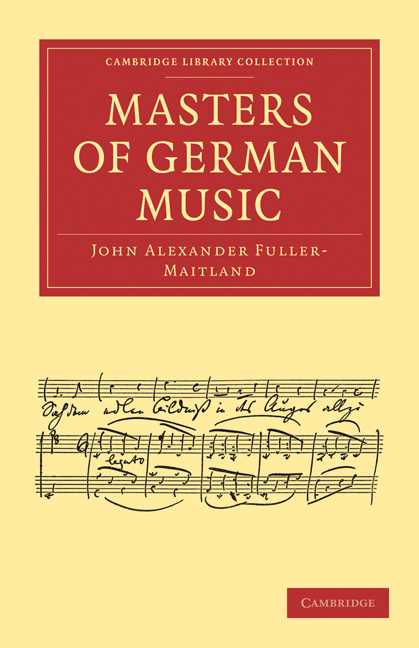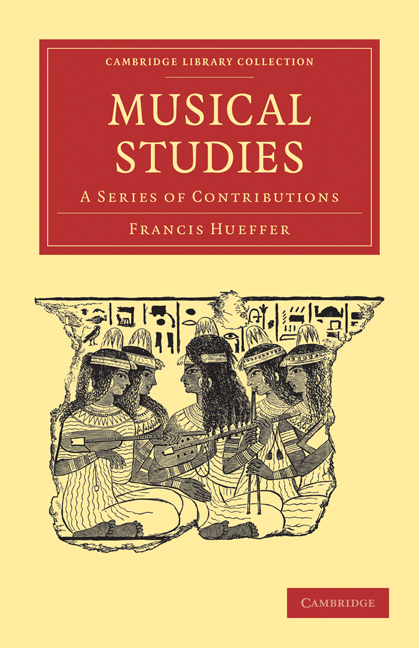Music and the Sonorous Sublime in European Culture, 1680–1880
The sublime - that elusive encounter with overwhelming height, power or limits - has been associated with music from the early-modern rise of interest in the Longinian sublime to its saturation of European culture in the later nineteenth century and beyond. This volume offers a historically situated study of the relationship between music, sound and the sublime. Together, the authors distinguish between the different aesthetics of production, representation and effect, while understanding these as often mutually reinforcing approaches. They demonstrate music's strength in playing out the sublime as transfer, transport and transmission of power, allied to the persistent theme of destruction, deaths and endings. The volume opens up two avenues for further research suggested by the adjective 'sonorous': a wider spectrum of sounds heard as sublime, and (especially for those outside musicology) a more multifaceted idea of music as a cultural practice that shares boundaries with other sounding phenomena.
- Expands and transforms our understanding of the sublime, liberating the musical sublime from its aura of transcendence, and from a German-focused context
- Considers the wider political and sensory context for the sublime, and the role of performers and audiences in transmitting and experiencing the sublime
- Focuses on three interrelated concerns - bodily experience, knowledge, politics and ethics
Reviews & endorsements
‘... carefully presented ...' Agathe Sueur, translated from Revue de musicologie
Product details
July 2020Hardback
9781108486590
318 pages
253 × 182 × 18 mm
0.8kg
5 b/w illus. 46 music examples
Available
Table of Contents
- Sonorous sublimes: an introduction Sarah Hibberd and Miranda Stanyon
- 1. Thunder or celestial harmony: French theological debates on the sonorous sublime Sophie Hache
- 2. 'A pleasing rape': John Dennis, music and the queer sublime Matthew Head
- 3. The idea of the past in eighteenth-century British music Suzanne Aspden
- 4. C. P. E. Bach and the neoclassical sublime: revisions of a concept Keith Chapin
- 5. Cherubini's Médée and sublime vengeance Sarah Hibberd
- 6. When does the sublime stop? Cavatinas and quotations in Haydn's Seasons Elaine Sisman
- 7. Counterfeits, contraltos and consonance in De Quincey's sublime Miranda Stanyon
- 8. The consecration of sound: sublime musical creation in Haydn, Weber and Spohr Benedict Taylor
- 9. Commanding performances: opera, surrogation and the royal sublime in 1848 Dana Gooley
- 10. Wagner's sublime effects: bells, cannon and the perception of heavy sound David Trippett.







